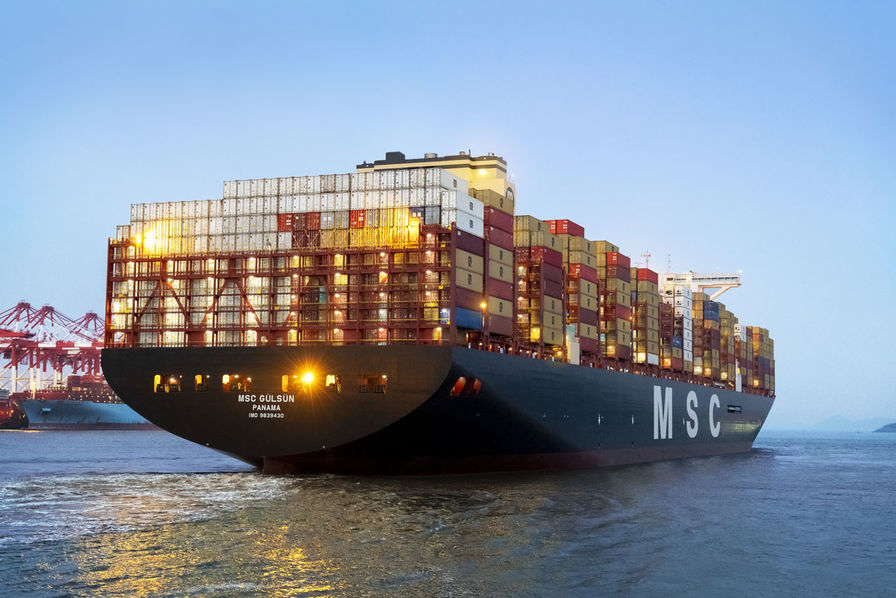With four million tonnes of cereals transported per year, Sénalia is a major player in grain logistics in France. The company, a specialist in sorting, storage and loading of cereals, presented its annual results for its financial year ending in June 2023 on January 12 in Paris: with a gross operating surplus (EBE) of 10 million euros, up 29%, and a turnover of 39 million euros, up 12%, the managers were satisfied.
The morning was above all an opportunity to draw up a picture of global supply chains and their probable developments. The primary destination for cereals being China, the leaders of Sénalia have reason to be concerned. “We are coming out of a special year, between climatic hazards and geopolitical uncertainties,” observed Thierry Dupont, the president of Sénalia. Maritime traffic is once again under pressure at the start of the year. There is an upheaval in the supply chains, which are in the process of being reorganized.” The situation in the Red Sea, where maritime traffic is disrupted by Houthi attacks, is causing disorder and causing container prices to rise.
With four million tonnes of cereals transported per year, Sénalia is a major player in grain logistics in France. The company, a specialist in sorting, storage and loading of cereals, presented its annual results for its financial year ending in June 2023 on January 12 in Paris: with a gross operating surplus (EBE) of 10 million euros, up 29%, and a turnover of 39 million euros, up 12%, the managers were satisfied.
The morning was above all an opportunity to draw up a picture of global supply chains and their probable developments. The primary destination for cereals being China, the leaders of Sénalia have reason to be concerned. “We are coming out of a special year, between climatic hazards and geopolitical uncertainties,” observed Thierry Dupont, the president of Sénalia. Maritime traffic is once again under pressure at the start of the year. There is an upheaval in the supply chains, which are in the process of being reorganized.” The situation in the Red Sea, where maritime traffic is disrupted by Houthi attacks, is causing disorder and causing container prices to rise.
Europe must ensure the security of its supplies
The director of the Center for Naval Strategic Studies, Cyrille Poirier-Coutansais, invited for the occasion, analyzed the great relocation movement at work. Starting from an observation of “the end of the ultra domination of the West over the seas, since the financial crisis of 2007-2008”, the professor at Sciences Po warns of the end of American military omnipresence on the globe and its consequences.
“The European Union will have to ensure the security of its supplies itself,” he said. Europeans must understand that we are not only in a world of diplomacy, but a world of balance of power. You have to show the muscles. […] It is up to us to ensure security in the Arab-Persian Gulf. The Americans won’t always be there.” A particularly pressing need for security for food exchanges which, according to him, escape the phenomenon of relocation at work.
Cyrille Poirier-Coutansais notes that the United States, while remaining dependent in trade with China, is making a shift towards more regional trade, with Canada and Mexico. There, where, on the contrary, Europe continues to strengthen its commercial dependence with the Middle Kingdom.
If the Old Continent must mobilize to ensure its place in world trade, does France remain well positioned to benefit from this new globalization? “France has lost the shift towards globalization in logistics,” notes Cyrille Poirier-Coutansais, regretting for example the lack of warehouses in France, and the “zero net artificialization” law which complicates their construction. These capacities are nevertheless necessary for manufacturers, particularly in the automotive and agri-food industries, especially in a global context where tensions on value chains require the creation of preventive stocks.
This article is originally published on usinenouvelle.com








